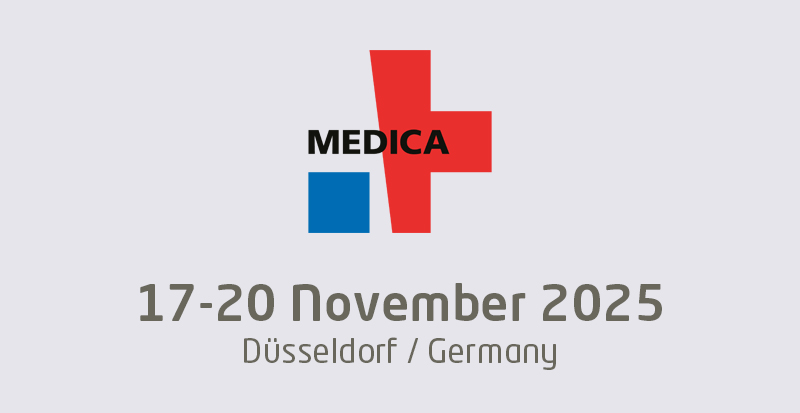When it comes to EHR backlash adoption, the theoretical benefits are not in line with the reality of what’s occurring in the exam room, according to Michael Jones, MD. In an op-ed for the Los Angeles Times, “So much data-gathering, so little doctoring,” the gastroenterologist from Virginia bemoans the current state of EHR backlash use and its negative effects on physician-patient interactions.
“Third-party payors don’t really care what happens in an exam room,” writes Jones. “The visit that you, as a patient, have been anxiously waiting for could just as easily be shoes or oranges or pork bellies to these folks. It’s just a commodity. It’s just data. And now the industry wants it documented in a format that works for billers and statisticians but not so much for doctors: the electronic medical record.”
The one-time researcher, teacher, and administrator rails against the transactional nature of the patient encounter that is the result of a disproportionate focus on documentation:
Whatever the EMR may become, right now it’s mostly a receipt for a transaction, a bill of sale. We all want to be sure we’re getting what we pay for. The government and insurance companies are no different — they require lots of documentation. What gets entered into the “elements of the encounter” field on the EMR determines how much the insurance company will pay, which only makes the unholy mess of electronic medical records worse.
This experience stands in stark contrast to the one currently being used by the doctor in private practice, one that he describes as “old school” but “effective”:
I joined a small practice that prides itself on service. There is no answering machine. Your call is answered by an honest-to-goodness human being. Because it’s a small group, we’re not yet required to switch to electronic medical records. I write, by hand, notes that contain the information I need to help you feel better. When I finish our visit, I dictate a letter and often call or text your referring physician to let them know what’s going on. I bill based on the notes, but no one’s costing out the “elements of the encounter.”
In Jones’s opinion, more isn’t better — documentation may “justify payment but don’t necessarily result in better care.” Furthermore, it doesn’t necessarily address a physician’s or a patient’s wants and needs, which place a premium on quality. “I’m happier in my work than I have been in a decade. My patients now are happier than my patients then. Everybody recognizes and responds to good service, whether it’s in a doctor’s office or an auto repair shop,” says Jones.
Without knowing more about the EHR systems being used, it is difficult to determine whether the doctor’s view is the result of poorly designed technology, inadequate training, a combination of both, or something altogether different. However, what it certainly highlights is the need for EHR users to evaluate what messages their body language is sending to their patients and work to minimize any obstacles the EHR system may be putting in the way.
























